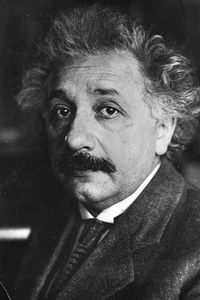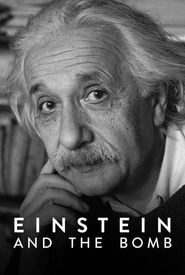Albert Einstein, a renowned physicist, was born in the charming city of Ulm, situated in the Kingdom of Württemberg, to a German Jewish family, blessed with a loving mother, Pauline (Koch),and a father, Hermann Einstein, a successful featherbed salesman. From a tender age, Albert demonstrated an insatiable thirst for knowledge, devouring books on science and devoting himself to studying the intricacies of the natural world.
As he grew older, Albert's passion for learning only intensified, and he graduated from a prestigious Swiss high school at the remarkable age of 17. This milestone marked the beginning of his academic journey, which would take him to the esteemed Swiss Polytechnic, where he would meet his first wife and lay the foundations for his future scientific endeavors.
Upon completing his studies at the Swiss Polytechnic, Albert earned his degree in 1900 and, in 1901, he proudly became a Swiss citizen. He began his career at the Swiss Patent Office, where he would apply his knowledge to evaluate patent applications while simultaneously pursuing his passion for scientific research.
As his reputation as a brilliant physicist grew, Albert was invited to share his expertise with students at the universities of Prague, Zurich, and Berlin. His research in physics continued to flourish, and he became an influential figure in the scientific community.
However, the outbreak of World War II forced Albert to leave his beloved Europe and seek refuge in the United States. He was welcomed with open arms and granted a position at the prestigious Institute for Advanced Study in New Jersey.
In his later years, Albert dedicated himself to promoting world peace and continued to contribute to the field of physics until his passing in 1955.



































